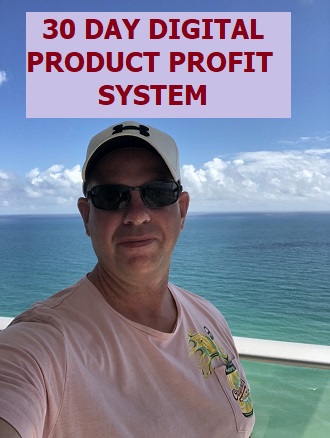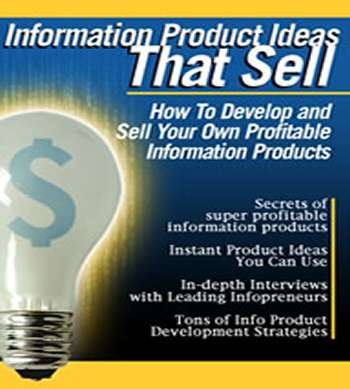If you are remotely interested in writing top selling books, ebooks or create information products of any kind, this video is a Gold Mine of nuggets from two best-selling authors – Tim Ferris (4-Hour Work Week) and Neil Strauss (7 Best Sellers)
Here are just a few of the great writing tips from these proven success stories:
- Write from your passion first…you can find a hook and/or way to make it interesting in most cases. Your passion has to come through
- How do you know what your passion is? What you did on your own from 11-14…and what would you do or research even if you didn’t get paid for it?
- Teachers, trainers often make great writers because non-fiction info products are really teaching vehicles
- Hardest part of writing is getting started, just get going, the pages will then come…have faith and get started writing
- For those who seek traditional publishing contracts, two very different opinions on size of advance…really cool stuff, worth listening to
- Great tips on straddling the line between letting your market tell you what they want and staying AHEAD of your audience
- Your book should start by reinforcing why your customer should care about your book or ebook, assume they don’t care when you start and this will help you continually capture their interest and stay on topic
- Study your craft, be prepared to “apprentice” – that goes for writing, creating products and marketing
- Set hard deadlines for yourself…especially if you are self-publishing, you MUST set deadlines to get things done
- The more you consciously experience in life, the more you will have to write about
- Take notes on major events and changes in your life, including your feelings, what you try and how it turns out – you never know when these will make it into one of your books
- First draft, unedited writing…this makes your writing a flow of conscious activity. Second draft, you edit brutally, removing anything that doesn’t dramatically change the outcome of your book. Third draft, is for your haters…in other words think ahead to what potential objections may be and address those in your book
- Consistently block off your writing time (60-min, 90-min, etc…) turn off email, phone and limit interruptions
- Great time management tips on how to avoid being distracted and still carry on with your life and business – some terrific, practical tips here
- Take time for physical activity each day, this will pay off in added creativity and productivity
- Research is important, but watch the potential of “unending” research used for procrastination
- Try and get your research first-hand…go back to the source (expert, author, actual person who experienced what you are writing about or your own personal experience)
- Hide your real title when sending your ebook or book for review (pre-release) so that other people don’t steal your idea, domains, etc…
- Your best ideas will happen when you are NOT writing, so make sure you have a voice recorder (smart phones work), or pen and paper close by
- Building your platform (Twitter, blog, mail list, website visitors, Facebook) is key to getting publishing deal
- Getting A-List agent will help tremendously getting you a publishing deal…almost guaranteed, but again you will have to prove to them that you have a great idea and platform
- Some thoughts on Blog to Book – my favorite route to writing a book as we discuss in InfoMarketer’sZone
The one area that is perhaps the most contentious (in a good way) is whether or not you give your market advance notice of your intended book to raise awareness and/or solicit feedback…Neil and Tim were completely opposite on this which simply shows that either route is possible.
This really is one of the best discussions around writing, non-fiction publishing and information marketing…well worth the time.
What stood out the most for you?


